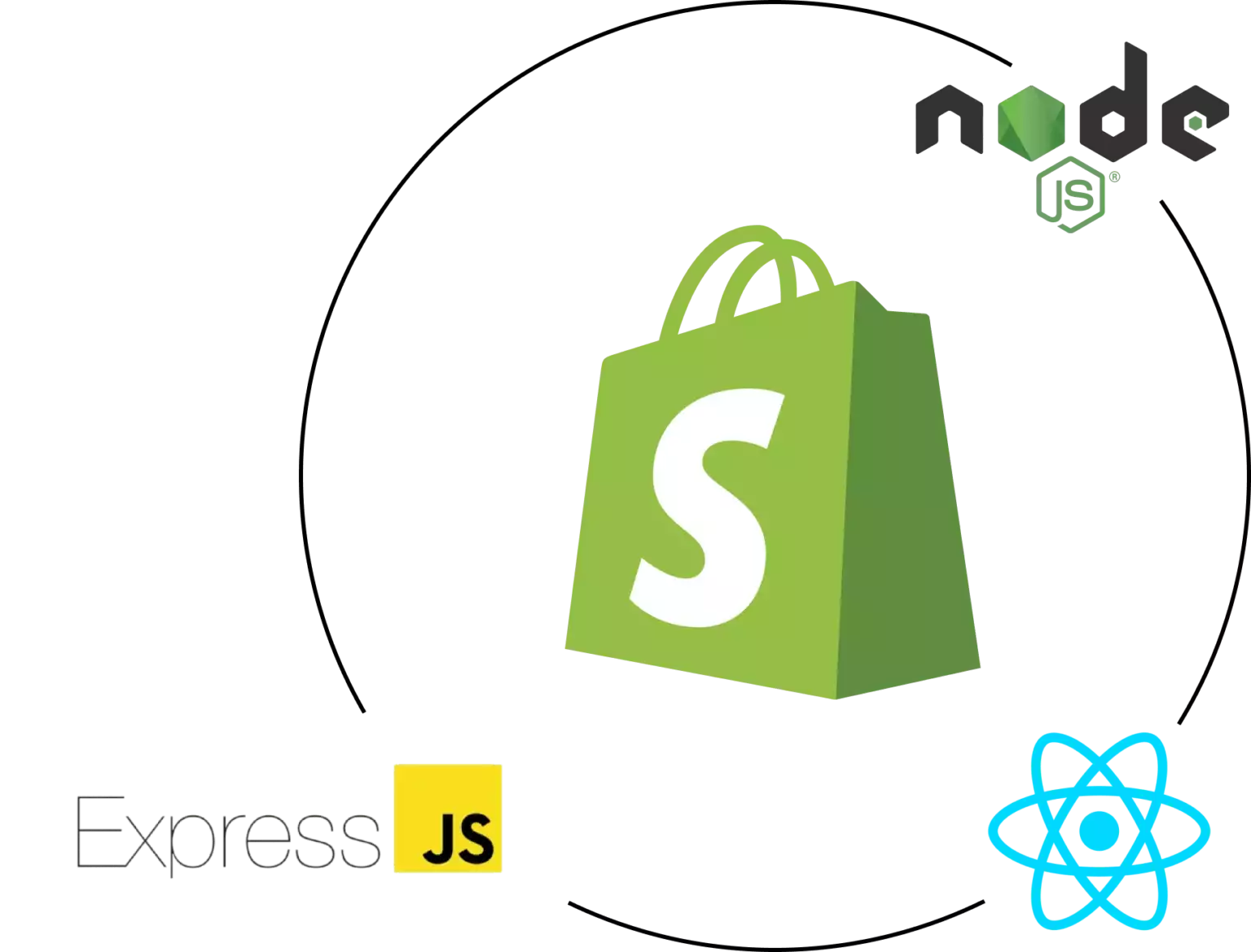Overview
In today’s competitive e-commerce environment, differentiating is paramount, and a top method to differentiate a Shopify store is through tailored app development. A robust Shopify app can enhance store functionality, streamline operations, and elevate customer engagement. This article delves into essential elements of Shopify app development, from API integration to scaling strategies and digital marketing approaches, providing a roadmap for businesses looking for unmatched store performance.
The Importance of Shopify API Integration
Shopify’s API offers robust tools to personalize and expand store capabilities. With GraphQL and REST APIs, developers can access data to create apps that handle inventory management, order processing, and customer information management smoothly. Using Shopify’s API can enable improved workflow automation and enables stores to serve customers more efficiently.
Utilizing the Polaris Design System
Shopify’s Polaris is Shopify's design system for designing user-friendly and accessible Shopify apps. By following Polaris principles, developers ensure that apps seamlessly integrate within the Shopify Admin experience. This provides a cohesive appearance that appeals to Shopify merchants, promoting ease of use and comfort for merchants using your custom app.
Navigating the Shopify App Ecosystem
The Shopify app ecosystem offers endless possibilities for enhancing e-commerce sites. From handling order fulfillment to boosting customer engagement, apps in this environment are tailored to meet diverse business requirements. Learning about this ecosystem assists developers in finding unique app opportunities and allows for smooth connections of external tools that add value to the store.
Building Embedded Shopify Apps
Embedded apps integrate directly within the Shopify Admin, providing a smooth interface for merchants. They ensure that merchants do not need to navigate away from their Shopify dashboard, simplifying their process. Employing Shopify App Bridge and embedded app capabilities is a best practice for providing a cohesive, integrated user experience.
Using Node.js and React for Shopify Apps
Node.js and React have emerged as ideal tools for Shopify app development. Node.js enables high-performance server-side applications, while React enables interactive and adaptive front-end user interfaces. Together, they provide an excellent platform for creating speedy, growth-ready Shopify apps that improve store functionality and customer engagement.
Utilizing Webhooks in Shopify Development
Webhooks allow real-time data synchronization between Shopify and an external Building optimized Shopify apps app. They trigger events such as order creation or inventory updates and provide immediate notifications to your app. By implementing webhooks, apps can provide up-to-date information to store owners, streamlining workflows and boosting productivity.
Customer Engagement and Digital Marketing for Shopify Apps
To make a Shopify app successful, engaging customers is key. Utilizing online marketing techniques like SEO, email marketing, and social media campaigns can drive app adoption. Additionally, creating applications with customer interaction as a focus (e.g., loyalty programs or personalized suggestions) increases user retention and loyalty.
Scaling Your Shopify App
As e-commerce stores expand, so do their technology requirements. Ensuring that your app can scale to handle increased Improving Shopify store performance traffic, larger databases, and more advanced functionalities is critical. By optimizing server resources and using scalable solutions, you can create apps that grow in parallel to a store’s growth.
Important Features and Maintenance Tips for Shopify Apps
For an app to be useful, it should include essential features like user login, analytics dashboard, and support channels. Ongoing app upkeep, with updates to fix bugs and compatibility checks with new Shopify functionalities, is important to ensure uninterrupted performance and prevent disruptions to merchant workflows.
Conclusion
Custom Shopify app development offers immense opportunities for e-commerce businesses, offering the ability to improve performance, streamline processes, and foster customer loyalty. With API integrations and Node.js to ensuring scalability and customer engagement, building a Shopify app requires careful planning and well-planned actions. If you’re prepared to elevate your e-commerce experience, a custom Shopify app may be the perfect choice. What features do you envision for your ideal app? Share your thoughts and take the first step toward an enhanced e-commerce experience!

Comments on “Enhance Your E-commerce: Custom Shopify App Development to Boost Performance”